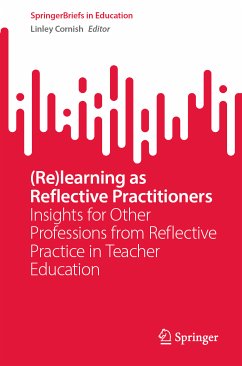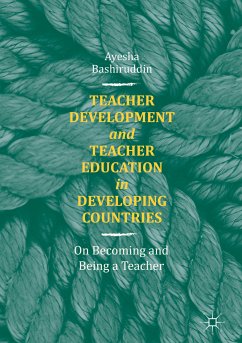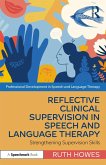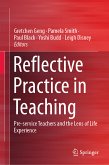This book examines significant developments in reflective practice, delving into research conducted with novice teachers. It fills a gap in existing literature by examining the 'how' of reflective practice. How do professionals learn reflective practice, fostering relearning? How do they guide students, mentees, and novices in adopting reflective practices? Stemming from teacher education, the focus is extended beyond this field, emphasizing the relevance of these strategies across professions. It is divided into three parts - thinking about reflection; learning to reflect; and becoming a reflective practitioner. It offers fresh perspectives on conceptualizing reflective practice and suggests practical strategies for integrating it into pre-service coursework, assessment, training, and development. Intended for academics, practitioners, and educators across disciplines, this book serves as a comprehensive guide for anyone committed to fostering reflective practice within their professional sphere.
Dieser Download kann aus rechtlichen Gründen nur mit Rechnungsadresse in A, B, BG, CY, CZ, D, DK, EW, E, FIN, F, GR, HR, H, IRL, I, LT, L, LR, M, NL, PL, P, R, S, SLO, SK ausgeliefert werden.









